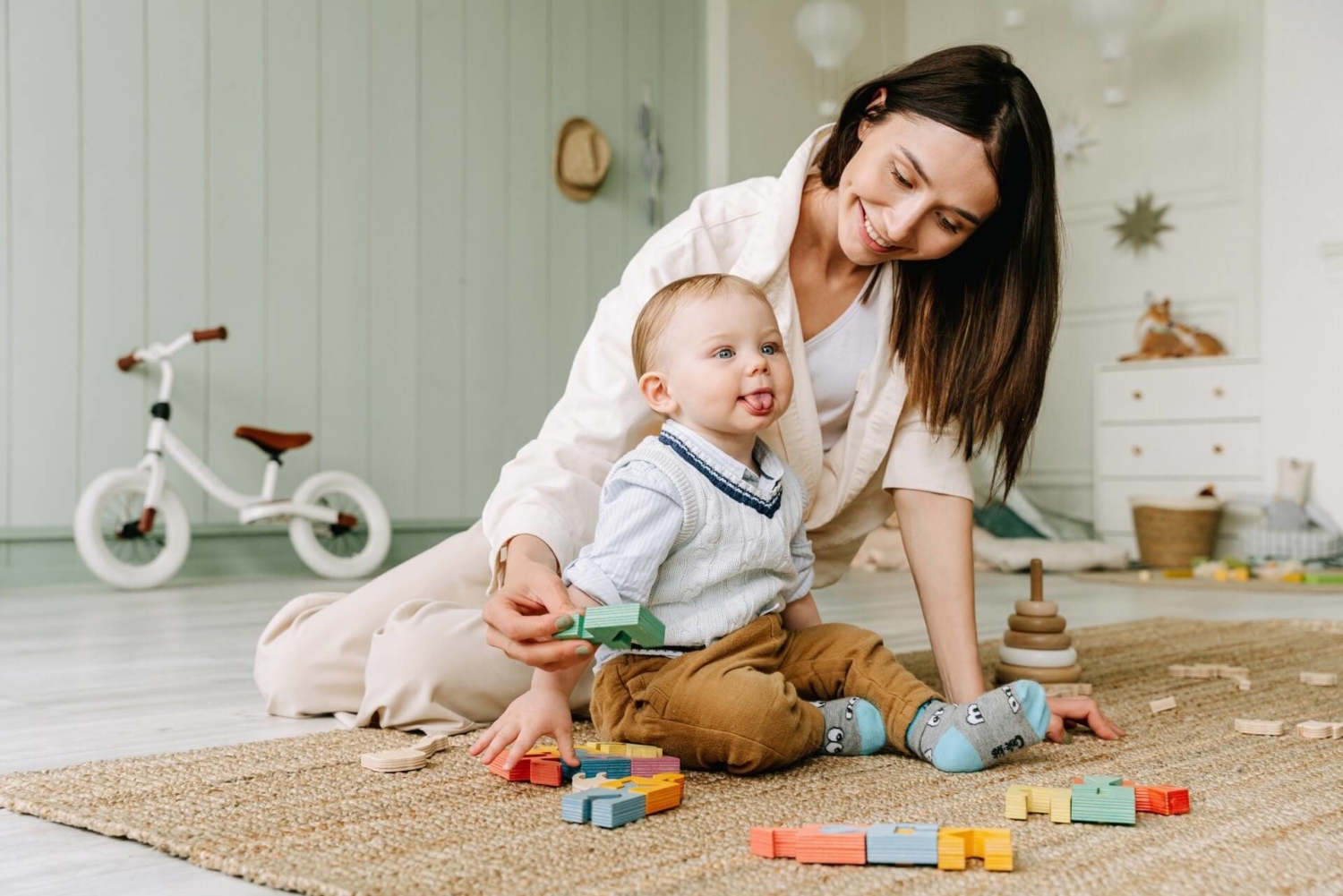ABA THERAPY IN HOME
ABA therapy is often considered the ideal approach for children with autism. It is a technique which is based on applied behavior analysis, utilizing play activities to help foster cognitive, social, and language skills.
In-home ABA therapy helps parents and caregivers take a more active role in their child’s autism treatment. Parents can watch and learn during the sessions, which can help you better understand how to support your child’s skill development.
Having in home ABA therapy, allows all siblings and family members to be included, which can help provide consistency and reinforcement. For example, if the child is working on keeping eye contact during a conversation, having all members involved will help him always practice this at home.
Understand that one should have a professional involved known as a Board-Certified Behavior Analyst to create a treatment plan and which goals to target for your child. Working closely with a behavioral therapist to reinforce and encourage the child to engage in the targeted skills. However, there are many easy ways to informally implement ABA strategies at home as a parent as well.
Although individualization of services is at the core of quality Applied Behavior Analysis (ABA), here are some common tips for parents to find helpful and effective while at home.
TECHNIQUES ONE CAN TRY AT HOME
Try to reduce screen time
Prolonged screen time in children with ASD reduces the level of parent-child interaction, which affects the development of children’s communication and social skills. Setting specific times for iPad and television use or the like, will limit the amount of time in front of screen as well as keeping your child to a set structure. Holding devices and cords in a separate location that must be accessed by an adult, will encourage social interaction since the child must confront and approach someone to have access to their devices.
Connecting with your child nonverbally
Connecting with your child that is on the autism spectrum, can be challenging at times. But you don’t always need to talk to communicate and bond with your child. Identify nonverbal cues: Observe the sounds they make, the gestures they use when hungry or tired, and their facial expressions throughout the day.
Discuss your child’s likes with their therapist
Choose certain toys and activities that your child loves playing with and looks forward to them a s treat. This will enable you therapist to use them as motivation and reinforcement during sessions.
HOW TO PREPARE PRIOR TO IN HOME THERAPY
Make certain a responsible adult is always home during sessions
At all times, a parent or trusted caregiver should be present in the house while a therapist is working with a client. If the therapist needs help with an aggressive client or if an emergency occurs that requires two people, they can have someone to lend an extra hand.
Trusting your clinician and therapist
Therapists are highly trained and experienced in providing home-based services. Allow them to work with your child and implement their programs and goals set forth in the treatment plan. However, never hesitate to ask any questions or ask for advice on how to prepare for or streamline your child’s in-home therapy session.
Sit down and discuss your house rules
It may not be so comfortable to have another person in your home daily, even though you know the individual is safe and there to help your child. Setting rules can be very beneficial and alleviate any discomfort moments.
Understanding one’s culture by recognizing the nuances of one’s own and other cultures.
Additionally, are there any general house rules that need to be respected? Which parts of the house are off limits for therapy sessions? Can I park in the driveway? Do I need to take off my shoes? If you are clear about your expectations, your ABA therapist should be more than happy to oblige by your house rules.
Please reach out to our dedicated intake team to get your child started with in-home ABA therapy services.




